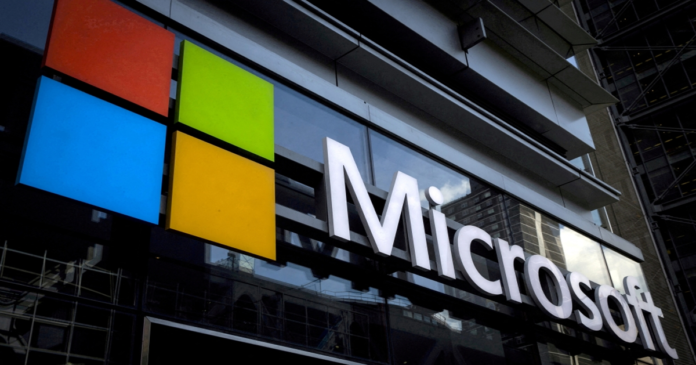The European Commission has launched the formal antitrust probe into Microsoft’s decision to bundle its Teams software with its Office productivity suite. Just months after a pandemic broke out and the Microsoft Teams user base began to soar, Slack first lodged an anti-competitive case against Microsoft with the European Commission in July 2020.
EU opens Microsoft antitrust investigation: The European Commission will now conduct a thorough inquiry to see whether Microsoft’s decision to tie or bundle Microsoft Teams with its Office 365 and Microsoft 365 productivity suites may have violated EU competition laws.
Margrethe Vestager, executive vice-president in charge of competition policy at the European Commission, claims that “remote communication and collaboration tools like Teams have become indispensable for many businesses in Europe.” Therefore, we must make sure that these markets are competitive and that businesses are free to select the items that best suit their needs. We are looking into whether Microsoft’s integration of its productivity suites with Teams may violate EU competition laws for this reason.
According to Slack’s initial lawsuit, Microsoft had “illegally tied” its Microsoft Teams product to Office and was “forcing it on millions of people, preventing its removal, and concealing the true cost to enterprise customers.” Now that Microsoft reportedly provided a compromise to the EU to stop bundling Teams with Office, EU officials are completely looking into the problem. The Financial Times recently reported that EU regulators and Microsoft couldn’t agree on whether to confine the elimination of bundling to just the EU and how to influence prices to guarantee fair competition. Clearly, this wasn’t enough to avoid a formal antitrust inquiry.
“Microsoft’s Antitrust Inquiries and Recent Decisions”
Additionally, Microsoft recently decided to discontinue the integration of Microsoft Teams with Windows 11. The important enterprise users who were the subject of Slack’s concern were never able to use the Chat feature in Windows 11, only consumers. However, Microsoft might have later added enterprise support to this built-in version, and it’s likely that the EU investigation scared Microsoft into completely abandoning the integration.
Following two significant lawsuits involving the bundling of Windows Media Player and Internet Explorer, this is the first antitrust inquiry against Microsoft in the EU in nearly 15 years. The European Commission required Microsoft to provide a version of Windows without the included Media Player in 2004. This led to the release of Windows XP N in EU markets.
The EU also looked into the practise of bundling Internet Explorer with Windows in 2009, and Microsoft ultimately decided to sell a version of Windows 7 E without Internet Explorer in Europe. To ensure customers have a choice of online browsers, Microsoft was compelled to add a browser ballot box to its Windows operating system. Microsoft ultimately paid a $730 million punishment for leaving the browser ballot out of Windows 7 SP1.

